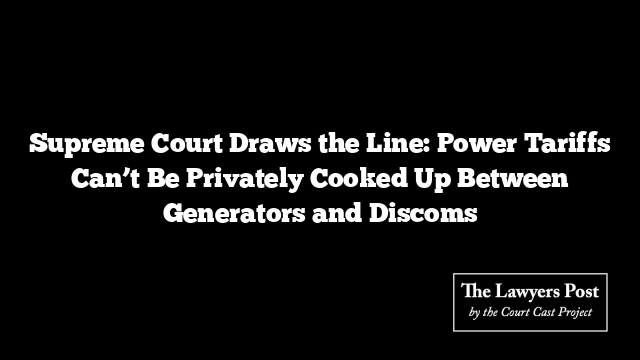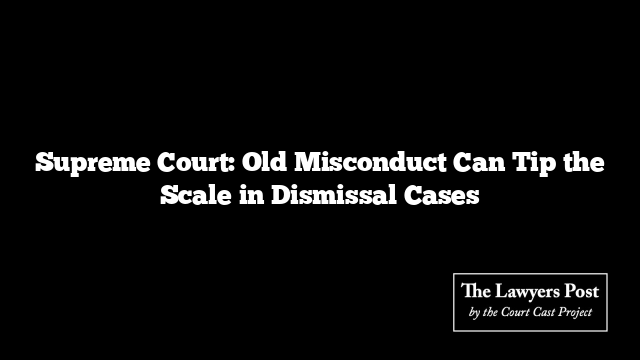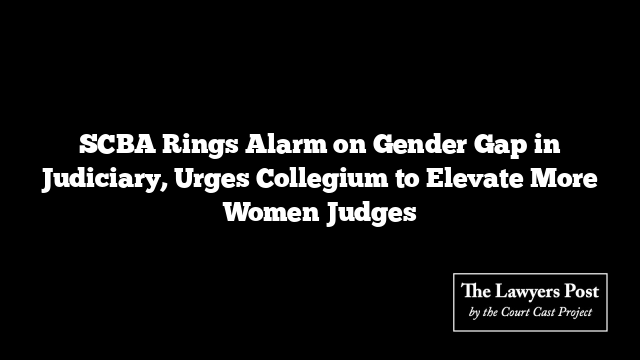Electricity pricing is not a backroom deal—this was the clear message from the Supreme Court, which ruled that power generators and distribution companies cannot unilaterally decide tariffs through their agreements. Every tariff must first pass through the scrutiny and approval of the State Electricity Regulatory Commission, as mandated under Section 86 of the Electricity Act, 2003.
The bench of Justices Sanjay Kumar and NV Anjaria underlined that the price of electricity is not a matter of private contract but a regulated exercise. “Any Power Purchase Agreement stipulating tariff is incomplete without Commission’s review and sanction,” the ruling stressed.
The judgment came while dismissing an appeal by KKK Hydro Power Ltd., which sought to charge higher rates for its hydroelectric supply to the Himachal Pradesh State Electricity Board (HPSEB).
The dispute’s roots stretch back to a 2000 agreement fixing the tariff at ₹2.50 per unit for a 3 MW project. After KKK Hydro expanded to 4.9 MW in 2008, the company and HPSEB privately signed a supplementary pact in 2010, hiking the tariff to ₹2.95 per unit. What they skipped was the statutory green light from the Himachal Pradesh Electricity Regulatory Commission (HPERC).
HPERC rejected the hike, holding firm on the original rate. The Appellate Tribunal for Electricity (APTEL) tried to strike a middle ground in 2014 by approving a weighted tariff of ₹2.60 per unit—part old rate, part new. But KKK Hydro was still dissatisfied and carried its fight to the Supreme Court.
The top court was unpersuaded. Restoring HPERC’s decision, it ruled that the tariff hike done privately was invalid. “The appellant and HPSEB were bound to seek approval before enhancing tariff. Without that, their supplementary agreement raising the rate from ₹2.50 to ₹2.95 per kWh had no legal footing,” Justice Sanjay Kumar wrote.
With this, KKK Hydro’s hopes of securing the higher tariff were firmly shut down, and its appeal dismissed.





